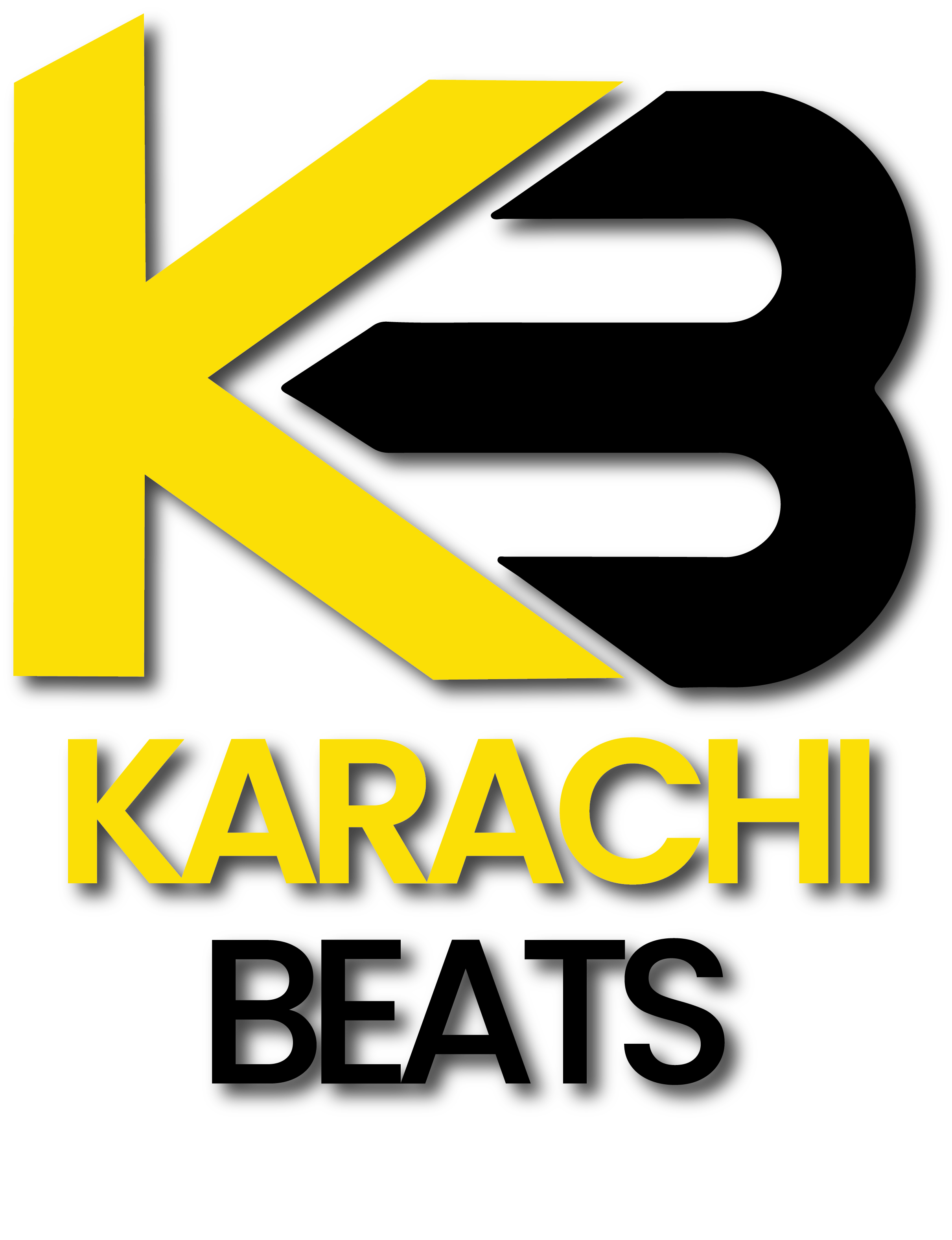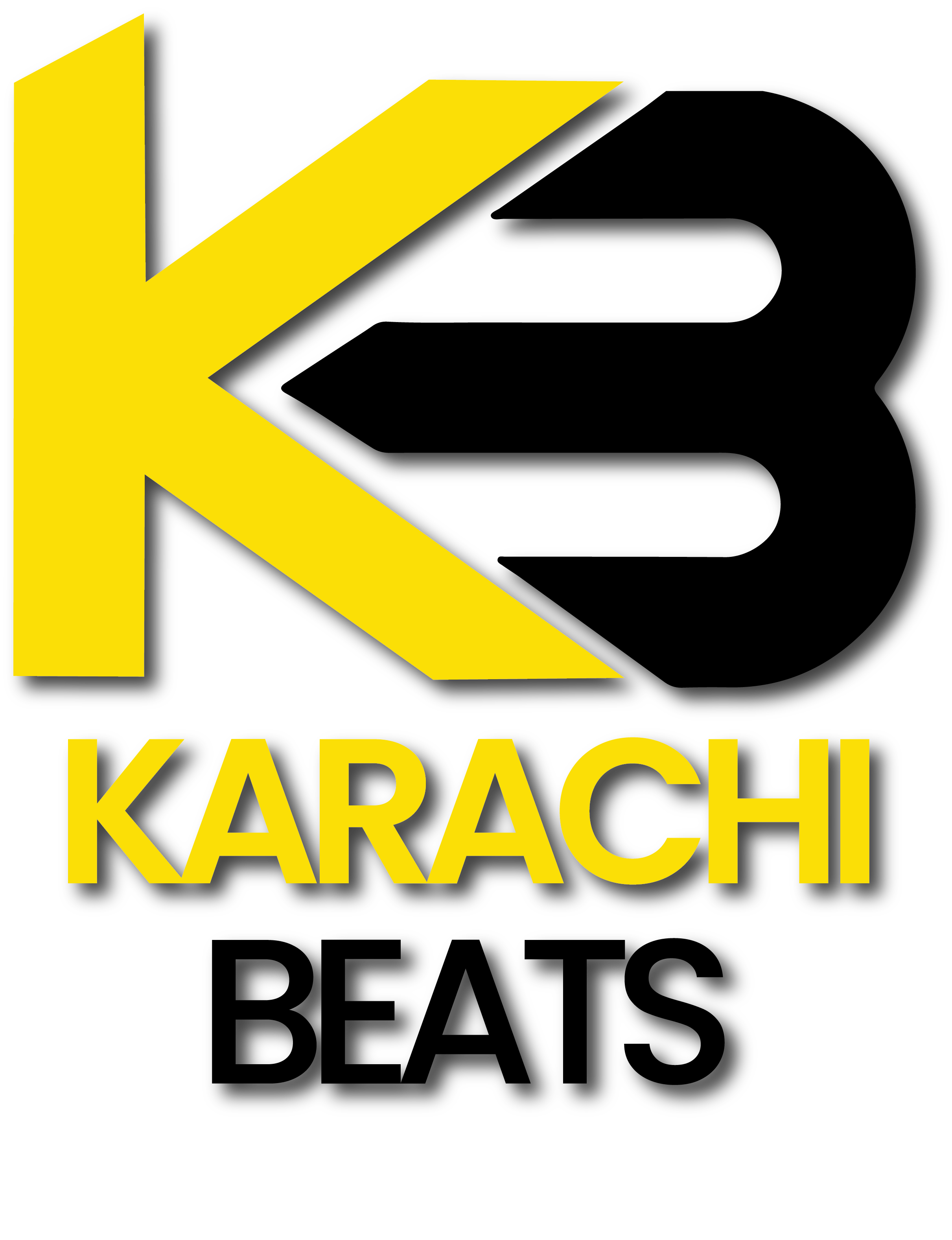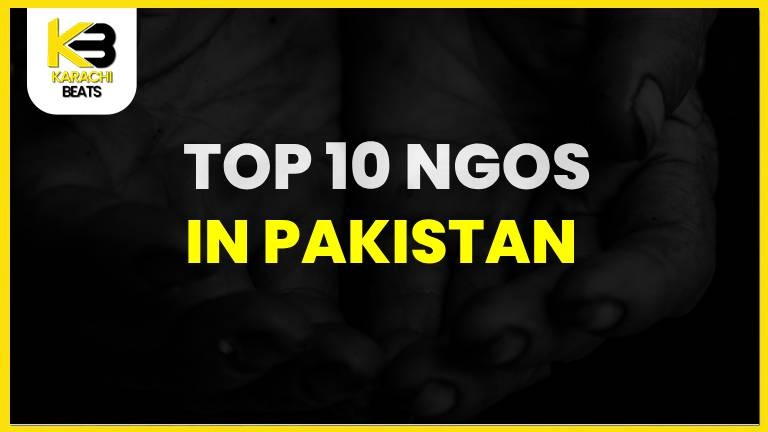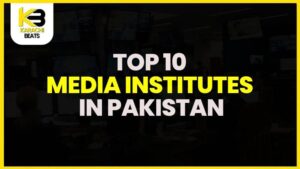NGOs in Pakistan play a significant role towards addressing the numerous pressing socio-economic issues of the nation. These NGOs are important bodies for the development of any nation. They act as agents of social and economic transformation, in line with the country’s growth process. Beyond interventions, the NGOs go deeper with their commitments. These institutions offer ground presence and knowledge about community dynamics.
The top NGOs in Pakistan have made outstanding contributions to Pakistan’s complex development. They craft solutions that exceed even conventional approaches. This is not a matter of talking about problems like in other organizations. They create innovative approaches which are in tune with the concerns of Pakistan’s population at large. NGOs in Pakistan today are taking a lead in healthcare, education, reduction of poverty and empowering people. They offer viable and enduring solutions.
Having considered that, we can now discuss the top 10 NGOs in Pakistan. They are a result of the relentless effort of these institutions as well as worth-doing programs. However, these NGOs do not act as mere contributors. They are agents of socioeconomic development. Let’s apply a critical lens by analyzing the remarkable developments through which these NGOs played an essential role. Now let’s enlighten those institutions who have made an immortal impression in Pakistan. These are beacons of hope being represented by each one of the NGOs. It shows that unity is strength and the might for the better even when dealing with complicated problems.
What are NGOs and Why are NGOs Important?
NGOs refer to non-government entities focused on advancing social, political and economic change. Rather than profits, their primary motivation is social impact. NGOs address issues where government intervention falls short. From healthcare to emergency responses, education, women empowerment, poverty alleviation and much more.
Pakistan faces entrenched development challenges. These challenges range from healthcare, and education for girls, to poverty and inequality. NGOs’ innovation and activism help drive progress on these persisting issues. Their auxiliary role makes NGOs indispensable partners in Pakistan’s sustainable growth and development.
Types of NGOs in Pakistan
NGOs In Pakistan operate at various orientations and geographical levels:
- Charitable NGOs cater to the underprivileged through initiatives like food, healthcare and shelter.
- Service NGOs focus on delivering solutions like health, education and livelihoods programs.
- Participatory NGOs embrace community involvement in designing interventions.
- Advocacy NGOs champion women and minority rights, driving policy and social change.
NGOs operate locally to internationally, adapting their reach to their operational scope. Larger NGOs may have a presence across multiple levels owing to their expansive infrastructure.
Top 10 NGOs in Pakistan
List Of NGOs in Pakistan
- JDC Foundation Pakistan
- Edhi Foundation
- CHHIPA Welfare Association
- Al-Khidmat Foundation
- Aman Foundation
- Aurat Foundation
- Akhuwat Foundation
- Aga Khan Foundation
- The Citizen Foundation
- Saylani Welfare
1. JDC Foundation Pakistan
JDC is among Pakistan’s largest welfare organizations. JDC serves over 75 million beneficiaries across healthcare, education, shelter, and emergency responses. They also serve other critical areas either through direct delivery or facilitation.
Established in 2009 by Zafar Abbas, JDC runs multiple social franchises like:
- 225+ schools providing free education
- Pakistan’s largest fleet of 300+ free ambulance units
- Free dialysis & diagnostics centres
- Pakistan’s first specialized COVID hospital
- Network of charitable clinics offering free consultation & medicines
- Free Dastarkhuwan serves over 100,000 meals daily across Pakistan, especially in Karachi
JDC was positioned as one of the first responders during the 2010 floods in Pakistan as well as the COVID crisis. JDC’s expansive reach amplifies its impact as a facilitator of last-mile delivery. Their decentralized model empowers local partners to develop hyperlocal solutions. These local partners benefit from JDC’s funding and technical expertise.
Headquarters: B-24 Federal B Area, Ancholi, Karachi
Contact: (021)-36341059
2. Edhi Foundation
Edhi Foundation was founded by the late Abdul Sattar Edhi. The Edhi Foundation enjoys unparalleled trust as Pakistan’s largest social welfare network. Edhi’s footprint extends to international relief efforts through its global fundraising chapters.
Their vast service portfolio includes:
- World’s largest volunteer ambulance network covering Pakistan’s remotest corners
- Free hospitals and rehab centres
- Orphanages with over 17,000 residents
- Coffin & burial services for underprivileged
- Missing persons services
During disasters, Edhi takes the lead in relief distribution and victim rehabilitation programmes. Their strong grassroots presence spanning 400+ centres nationwide allows rapid mobilization of help.
Head Office: Sarafa Bazar, Boulton Market, Mithadar, Karachi
Contact: (021)-32413232
3. Chhipa Welfare Association
Started by Ramzan Chhipa, this 40-year-old NGO combats poverty through humanitarian services like:
- Free Ambulance
- Food assistance
- Shelters
- Orphan care
- Low-cost hospitals
- Rehab centres
Chhipa serves at more than 70 facilities countrywide. They bridge gaps for marginalized groups through localized interventions. Their beneficiary tally exceeds 35 million.
Headquarters: Plot #ZC-5, Sector 8/A, Shahrah Faisal, Karachi
Contact: +92 21 11192 1020
4. Al Khidmat Foundation
Al-Khidmat Foundation (AKF) is one of the largest NGOs in Pakistan. AKF delivers extensive emergency responses alongside sustainable welfare services. They offer these services through its countrywide base of 50,000+ volunteers. These volunteering services include:
- Orphan sponsorships
- Free health camps
- Relief operations
- Livelihood programs
- Shelter houses
In the last flood, 3,500+ AKF volunteers from 400 branches aided in evacuating and supporting over 110,000 victims. They assisted with free medical camps and food supplies distribution. Their grassroots presence enables quick mobilization.
Head Office: 501, Quaideen Colony, Lahore
Contact: 021 111 503 504
5. Aman Foundation
Since 2008, the Aman Foundation has facilitated systemic change in healthcare and education. These two domains are instrumental to poverty alleviation and inclusive growth. Their flagship initiatives include:
- Aman Ambulance – Pakistan’s largest free ambulance network covering 85% area
- Aman Telehealth – 24/7 free emergency response helpline
- Aman Schools – a chain of low-cost schools in marginalized locales
Health programs, including doctor emergency training, address treatable conditions and combat high mortality. Over 60 million Pakistanis benefit from 11+ Aman ambulance stations and telehealth helplines.
Meanwhile, Aman schools bridge the education gap through vocational mentorship. They ensure consistent opportunities post-graduation. Over 18,000 students have benefitted from Aman Foundation’s people-centric model.
Head Office: PECHS Block 6, Karachi
Contact: 021-111 111 823
6. Aurat Foundation
The Aurat Foundation was founded in 1986 by Begum Rana Liaquat Ali Khan. The Aurat Foundation (AF) champions women’s socio-economic and political upliftment. They focus on legal empowerment, job skills, crisis support and the upbringing of gender-progressive legislation. Their key initiatives include:
- Women’s help hotlines
- Anti-harassment legal advise
- Job skills and enterprise-building programmes
- Policy advocacy campaigns
The Aurat Foundation has an extensive grassroots network. They help enact landmark legislations like anti-honour killing and acid crime laws. Aurat Foundation aids 2.5+ million women, offering legal recourse for violence and workplace harassment. Through advocacy and legal initiatives, it challenges entrenched patriarchy for gender equality.
Head Office: St. 11, G-11/1, Islamabad
Contact: +92 51 212 7082
7. Akhuwat Islamic Microfinance
Akhuwat pioneered Shariah-compliant interest-free microfinance in Pakistan in 2001. They focus on combating loan sharking amongst impoverished groups. Their services now integrate:
- Interest-free micro-loans for enterprise building
- Free healthcare camps
- Cloth banks
- Free medical consultation/medicine provisioning
Akhuwat enhances income security for marginalized communities. They promote entrepreneurship and social mobility beyond aid dependence. Their recoveries exceed 99% as beneficiaries pay forward loans. Recovered funds get recycled as interest-free loans. Akhuwat’s grassroots presence empowers localized communities through self-reliance.
Head Office: 19 Civic Center, Lahore
Contact: +92 42 35125743
8. Aga Khan Foundation
The Aga Khan Development Network was founded by Prince Shah Karim Al Hussaini Aga Khan in 1967. The Aga Khan Foundation (AKF) drives development across Asia and Africa. They secure investments in rural communities, emphasizing food and nutrition, healthcare, environmental resilience, and quality education. Their key initiatives include:
- Multi-input area development programmes. These programs cover agriculture, health, nutrition, education, institution building and infrastructure development.
- Renewable energy projects and green infrastructure strengthening climate resilience amongst rural communities
- Nutritional programmes tackling stunting and malnutrition
AKF has improved over 1.8 million lives across Pakistan since 1979. They did so with multi-sectoral grassroots interventions and building credible institutions uplifting communities.
Head Office: Aga Khan Boys School, Karimabad, Karachi
Contact: (021)-99244230
9. The Citizens Foundation
The Citizens Foundation (TCF) aims to provide affordable and quality educational access. They act as a catalyst for breaking Pakistan’s cycle of poverty. Established in 1995, their interventions comprise:
- A nationwide network of 1634 TCF schools with specialized staff and teacher training institutes.
- Needs-blind admissions policy
- Over 237,300 graduates, with a nearly equal gender ratio
TCF tackles barriers to education for disadvantaged children, especially girls. Their model affecting enduring change has won plaudits globally. TCF aims to expand its school network further to boost enrollments.
Head Office: 20, Brooke Chowrangi, Karachi
Contact: 021 111 823 823
10. Saylani Welfare Trust
Since 1999, Saylani Welfare Trust has fought food insecurity through ration and meal distribution. Their interventions cater to the ultra-poor and include:
- Langar Khanas serves over 100,000 meals daily
- Monthly ration drives
- Clean drinking water plants
- Relief support programmes
Saylani also sponsors quality education for deserving students. Their grassroots reach amplifies access to nutrition and education. Both are crucial enablers for sustainable poverty reduction.
Head Office: Abdul Sattar Edhi Road, Bahadurabad, Karachi
Contact: 021 111 729 526
The Way Forward
NGOs in Pakistan are instrumental in bridging the nation’s developmental gaps. It is about flexibility, community links, and quick mobilization. These NGOs have assisted government programs in areas like health, education, disaster management and women empowerment. The top NGOs in Pakistan serve as a multiplier force for system revolution.
There is a great prospect of cooperation among NGOs, governments and other entities within their jurisdiction. Through the sharing of money and capacities, they can improve multiple returns hence creating good results. As Pakistan evolves towards upper–middle-income status, providing a fertile base for a prosperous NGO ecosystem becomes necessary if equity is to be achieved in the gains made. NGO’s role as a pressure group on key issues is crucial, promoting an open, dynamic society in the process. NGOs work hand in hand with the government to take the nation into a resilient and improved future.









